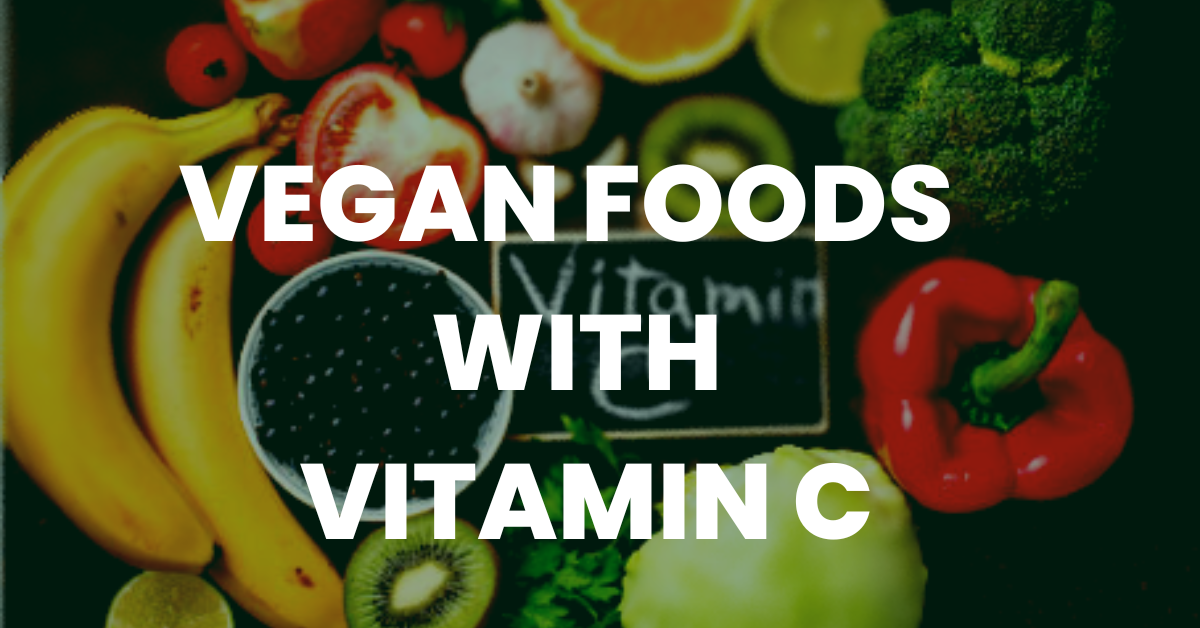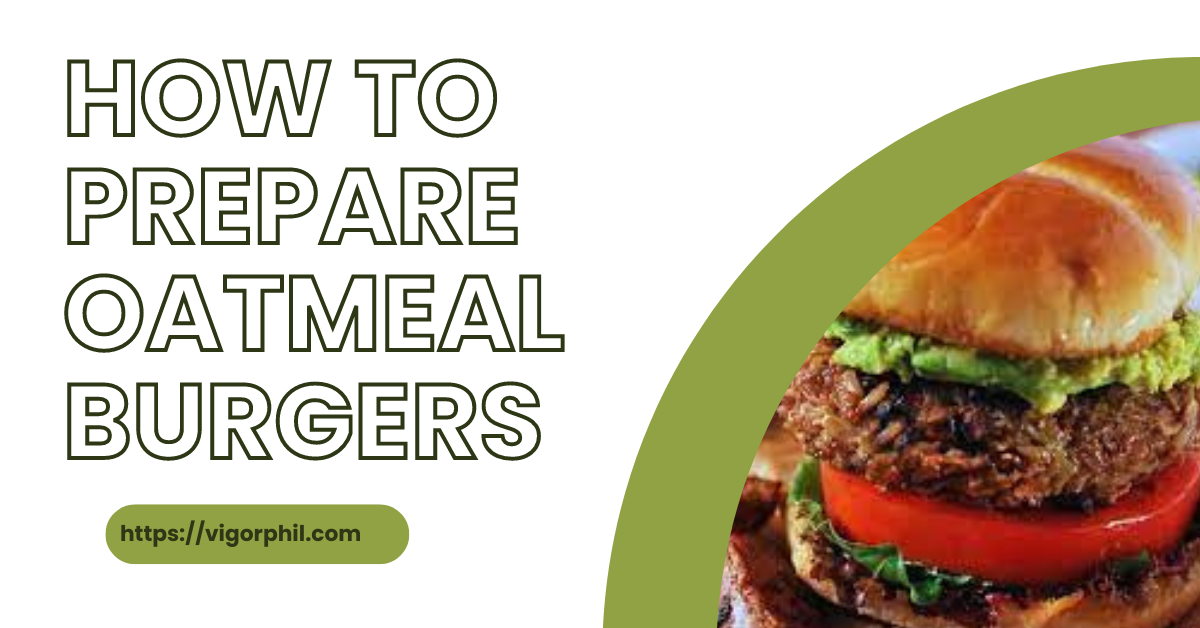Hi friends welcome to vigorphil, here general health, natural home remedies, hydrotherapy, Nutrition, and vegan recipes are discussed. You can visit our youtube channel at vigorphil, and listen to our podcast at Anchor.FM/vigorphil, or our website at vigorphil.com
Guidelines For Creating Wholesome Meals
1. Make a variety of plant foods the focal point of your diet.

Your meals should be built around plant-based items. Include a wide mix of grains, legumes, vegetables, fruits, and tiny amounts of nuts and seeds for optimal benefit.
Foods from plants are rich in nutrients, fiber, and phytochemicals without the cholesterol and saturated fat that come from eating things from animals. You may plan delicious meals that support your family’s health with the plant-based food pyramid. Make sure to consume plenty of these meals.
2. Include Fresh Fruit or Vegetables in Two Cups or Two Pieces of Each Meal.
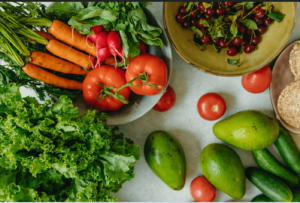
every day, consume one cup or more of berries.
“In our nation, the greatest nutritional shortfall is a lack of fruits and vegetables.”
Essential vitamins, minerals, phytochemicals, and soluble and insoluble fibers are abundant in fruits and vegetables. Consume a range of fruits and vegetables, both in terms of type and color. nutrients can be found in several colors. Therefore, the variety of fruits and vegetables will offer the wide range of nutrients we require.
Berries are a nutrient-dense powerhouse that are renowned for their ability to prevent disease.
One cup of fresh (or frozen, unsweetened) whole berries each day is what we advise.
They have phytochemicals in them that are anti-cancer. They have been found to increase cognitive quickness. They have high antioxidant qualities. Since more than one vitamin interacts with other nutrients in the berry to produce this health-promoting impact, research indicates that supplementing with isolated nutrients will not have the same disease-prevention effects.
Keep in mind that several of these vital vitamins are water-soluble, require two to three servings per day, and are most effectively absorbed when consumed with food. According to research, we get a significantly better outcome when these vital vitamins and minerals are consumed in whole meals as opposed to supplements. Whole foods appear to be absorbed by the body and contain additional phytonutrients and fiber not present in supplements.
3. Choose Whole Foods Over Processed Ones. Pick Foods That Are as Natural as Possible.
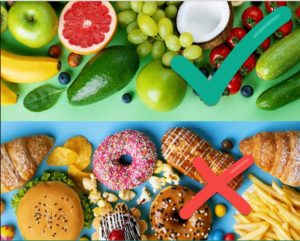
Whole grains, fresh fruits and vegetables are high in fiber, and many important vitamins, minerals, and phytochemicals are lost during the refining process. Both soluble and insoluble fiber are protective against disease . Consume whole foods.
Don’t consume anything if a first-grader can’t read all of the ingredients on the product label. Choose items that don’t require a food label, such as fresh fruits and vegetables
4. Limit your fat consumption, particularly trans fats and saturated fats. Stay away from oxidized fat.

Choose monounsaturated fats from the fat group, such as olives, nuts, seeds, and avocados. When consumed in moderation, these foods supply needed fatty acids and promote health. Reduce your intake of all fats, especially hydrogenated or trans-fatty acids and saturated fats. Margarine, vegetable shortening, and many processed foods containing hydrogenated or partially hydrogenated oils include trans fats.
Animal foods and tropical oils include saturated fats.
Avoid oxidized or rancid fats since they are harmful to the body. Oxidized fats are derived from fats that have been fried or exposed to air and sunlight for lengthy periods of time
Even people following a plant-based diet can become overweight, especially if they consume full-day dairy products, eggs, fried and sweet baked goods such as pies and cakes on a daily basis.
5. Include an omega-3 fatty acid source in each of your regular meals.

Omega-3 fatty acids have a critical role in maintaining and preventing illness. Flax seed, flax oil, canola oil, soy products, walnuts, leafy green vegetables, and wheat germ are examples of plant foods that contain omega-3 fatty acids. To preserve the fat from going rancid, store these meals in the freezer or refrigerator.
6. Consume food to reach and maintain a healthy weight.

Having a healthy body weight helps avoid several diseases. One way for determining your ideal weight to provide you with the lowest chance of acquiring problems linked to excess weight is the body mass index (BMI). You may get your BMI by dividing your weight in kilograms (kg) by the square of your height in meters. You may also use the chart on this page to find out your body mass index (BMI). Eating a varied, balanced diet and engaging in regular exercise are the best ways to maintain healthy body weight.
7. Use only a little amount of refined sugar and salty meals.

Sugar has few nutrients and a lot of calories. Tooth decay can also be caused by meals with a lot of sugar. The greatest candies are packed as fruits found in nature. Fruits might help you fulfill your sweet craving.
Foods that are too salty might lower calcium levels and cause fluid retention or hypertension. Check for salt in many prepared dishes, pickled foods, and sauces, as well as salty snack items like chips and crackers.
8. Use charred, smoked, and cured foods sparingly.

These techniques of food preparation should be avoided because they can increase exposure to carcinogens.
9. When feasible, choose plant foods produced without pesticides.

Pesticide residues on food can increase the risk of cancer and can be especially dangerous for young children. Try to choose pesticide-free produce, and wash your fruits and veggies under clean, running water just before eating. Don’t soak your produce in order to clean it. This frequently allows the pesticide to easily permeate the skin of the fruits and vegetables through the stem sections, which can actually increase our absorption of pesticides.
10. Incorporate a regular supply of vitamin D and B12.

Flakes of nutritional yeast or a daily pill containing two micrograms of vitamin B12 are plant sources of this vitamin (3 micrograms needed in pregnancy and lactation). Cow’s milk, yogurt, cheese, and eggs are all sources of vitamin B12 for people who consume dairy products. B12 is a vitamin that is often added to morning cereals.
By obtaining 10 to 30 minutes of sunshine each day, you may obtain vitamin D. The quantity required varies on the season, skin tone, and amount of exposed skin surface.
Dark-skinned people require up to 30 minutes of daily sun exposure. Or a vitamin D supplement is required for individuals who are limited inside, such as the elderly or the ill.
If you’re under 25, pregnant, nursing, or limited to an indoor environment, take 10 micrograms of vitamin D daily instead of the recommended five micrograms for persons over 25.
11. Drink at least six to eight glasses of water every day.

If you don’t like the taste of plain water, consider adding freshly squeezed lemon or lime as an excellent flavor enhancer to your water. An extra supply of vitamin C is offered by this. Another excellent way to flavor water is with herbal tea.
12. Use fresh garlic, onion, and other spices in place of salt, sugar, and fats to add taste.
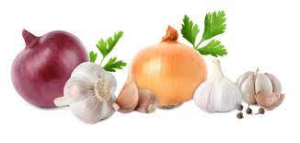
The greater number, however, suffer because of their own wrong course of action. They disregard the principles of health by their habits of eating, drinking, dressing, and working. Their transgression of nature’s laws produces the sure result; and when sickness comes upon them, many do not credit their suffering to the true cause, but murmur against God because of their afflictions. But God is not responsible for the suffering that follows disregard of natural law.
God has endowed us with a certain amount of vital force. He has also formed us with organs suited to maintain the various functions of life, and He designs that these organs shall work together in harmony. If we carefully preserve the life force, and keep the delicate mechanism of the body in order, the result is health; but if the vital force is too rapidly exhausted, the nervous system borrows power for present use from its resources of strength, and when one organ is injured, all are affected. Nature bears much abuse without apparent resistance; she then arouses and makes a determined effort to remove the effects of the ill-treatment she has suffered. Her effort to correct these conditions is often manifest in fever and various other forms of sickness. Ministry of Healing 234





